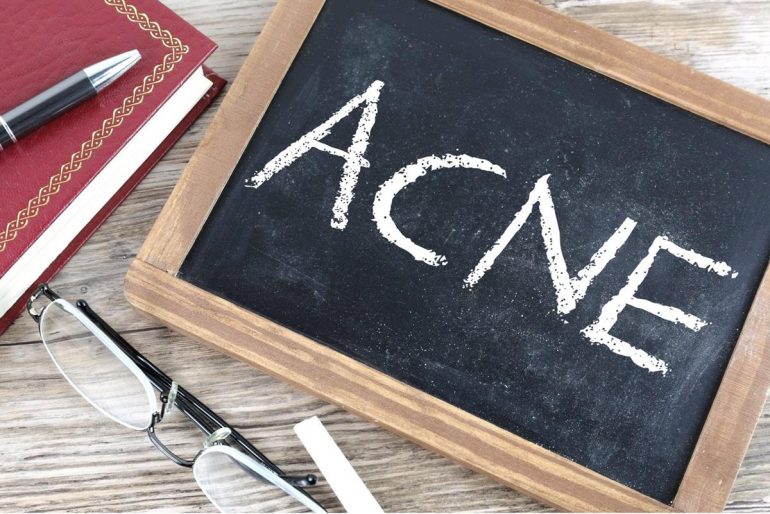Studies suggest that acne negatively impacts an individual’s self-esteem and self-image, a problem that can result in depression and anxiety. While developing active breakouts on your skin is frustrating enough, having to live with the scars that come with acne can be especially difficult. In this article, you will find tips and best practices on how to prevent acne scars.
Don’t Squeeze the Pimples, Disinfect the Area If You Do
While it is overwhelmingly tempting to squeeze and pop a pimple, it is important you know that this habit causes more harm than good. Squeezing a pimple releases the debris and bacteria out of it, spreading the infection around your skin. This not only worsens the inflammation on the skin, but it may also leave an open wound and create more acne. However, since it is easier said than done, you are recommended to wash the area around the pimples every time you squeeze them. Ensure that the acne treatment products you use to clean your skin are recommended and approved by dermatologists.
Never Pick Scabs
Skin scabs are the natural protective tissues that form every time the skin is damaged. Scabs play a critical role in enhancing your skin’s healing process, which is why you should avoid picking at them. Picking a scab will only prolong the healing process, increasing the chances of developing permanent acne scars. This also makes the wound underneath the scab more vulnerable to infections.
Treat Acne As Soon As It Breaks Out
The best way to prevent your skin from scarring is by treating acne as soon as it breaks out. You can go for the recommended over-the-counter treatments, and if your condition is not getting any better, consult a dermatologist. Early acne treatment helps minimise the impact of the breakouts while lowering the chances of developing more severe acne. Prevent pimples and control the breakouts from extending deep into the skin.
Use Extra Sunscreen
Wearing extra sunscreen helps in fading acne scarring. Exposure to sunlight triggers the skin to produce more melanin, which results in darker skin cells. This not only prolongs the time it takes for your skin to heal, but it also causes the skin to develop unwanted pigmentation. Therefore, using more sunscreen goes a long way in preventing these skin cells from becoming more active. Consequently, the risk of scarring is reduced.
Avoid Wearing Heavy Makeup
Wearing makeup is not always harmful to your skin. And when you are struggling with acne, the chances are that you will wear as much makeup as possible to cover that up. However, too much makeup can worsen acne flare-ups on your skin. Some makeup and cosmetic products contain ingredients that clog pores, making it easy for the acne-causing bacteria to develop. If you have to wear makeup, consider using non-comedogenic and oil-free options.
Do Not Exfoliate Your Skin with a Washcloth
If you are using exfoliating mitts, mechanical facial cleansing brushes, and washcloths to clean your acne face, then you should stop. Such washing materials can be too abrasive for the pimples, and using them will only worsen your condition. For example, washcloths are known for causing irritation on the skin, increasing sensitivity, and making the skin more vulnerable to bacterial infections. All these can lead to severe acne scars if not avoided. Additionally, washcloths can hold dirt and bacteria, which increase the inflammation on your skin.
Stay Moisturised
Moisturising is one of the best practices for maintaining the health of your skin cells, as well as protecting it from irritation. Acne scars on moisturised skin are less noticeable, not forgetting the healing effects that come with well-hydrated skin. To keep your skin moisturised, you must use moisturisers regularly and limit yourself from taking hot showers.





